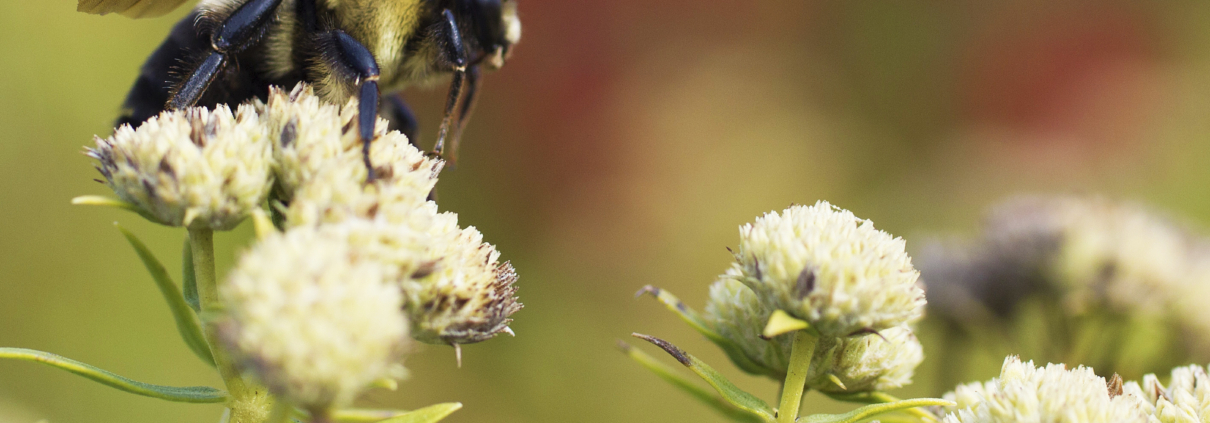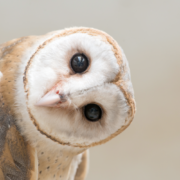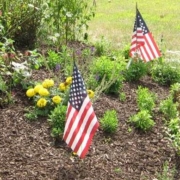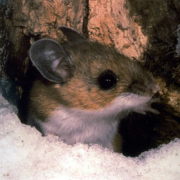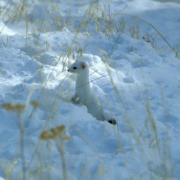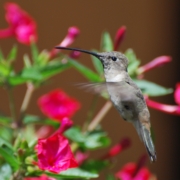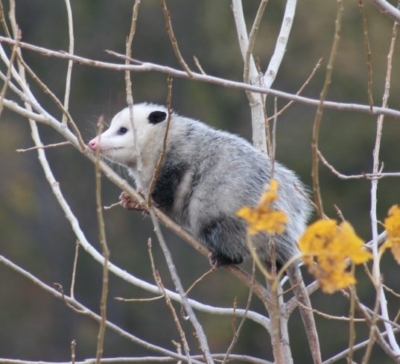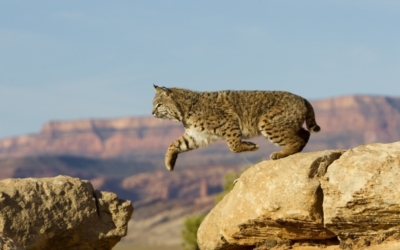The Importance of Pollinators
Pollinators play a special role in native ecosystems and in managed agricultural systems. Unfortunately, pollinators such as bees, bats, butterflies and ants have slowly suffered from loss of habitat and diseases. Factors such as increased land use have guided these habitats to a floral abundance deficit and exposure to parasite and pesticides have led to local extinctions of select pollinator species across the world
Thankfully, 10 years ago, the U.S Senate took the matter of declining pollinator populations into their own hands by creating National Pollinator Week.
The goal of Pollinator Week is to raise awareness about pollinators and promote conservation of pollinator habitats at a national level. Over time, this event has grown into a worldwide celebration of the beautiful and hardworking job that animals do daily through pollination.
Approximately 1,000 of the plants grown for food, beverages, fibers and medicines need to be pollinated by animals in order to produce the goods on which we rely. In fact, one out of every three bites of food, from vegetables to fruits to edible oils, are a direct result of pollination services. In the U.S. alone, bees and other insects produce $40 billion worth of products annually through the process of pollination.
In addition to their value to agriculture, these animals also play a vital role in maintaining our ecosystems. Other wild animals rely on pollinators for the production of food sources such as wild fruits, and they benefit from the conservation of pollinator habitat. Flying from flower to flower and transferring pollen along the way, pollinators have had substantial historic, economic, social and cultural impacts in our world.
The White House’s National Strategy to Promote the Health of Honey Bees and Other Pollinators (National Strategy) was also released in May 2015 to inform public-private partnerships their necessary role to implement the Pollinator Health Task Force. The Wildlife Habitat Council has been working with businesses for 30 years to facilitate high-quality pollinator conservation projects on corporate lands and to ensure companies have taken action to protect pollinators, increase public awareness around the issue, and create pollinator-friendly habitat.
Some of the strategies presented by the National Strategy are:
- Restore honey bee colony health to sustainable levels by 2025
- Increase eastern monarch butterfly populations to 225 million butterflies by year 2020
- Restore or enhance seven million acres of land for pollinators over the next five years.
Whether it inspires your team to grow a small garden for pollinators outside your site’s entrance or to learn more about pollinators in order to pass along the information to other employees, Pollinator Week can serve your team well.
Resources
- WHC White Paper: Prioritizing Pollinators in Corporate America
- WHC Pollinator Project Guidance
- Pollinator Partnership website
